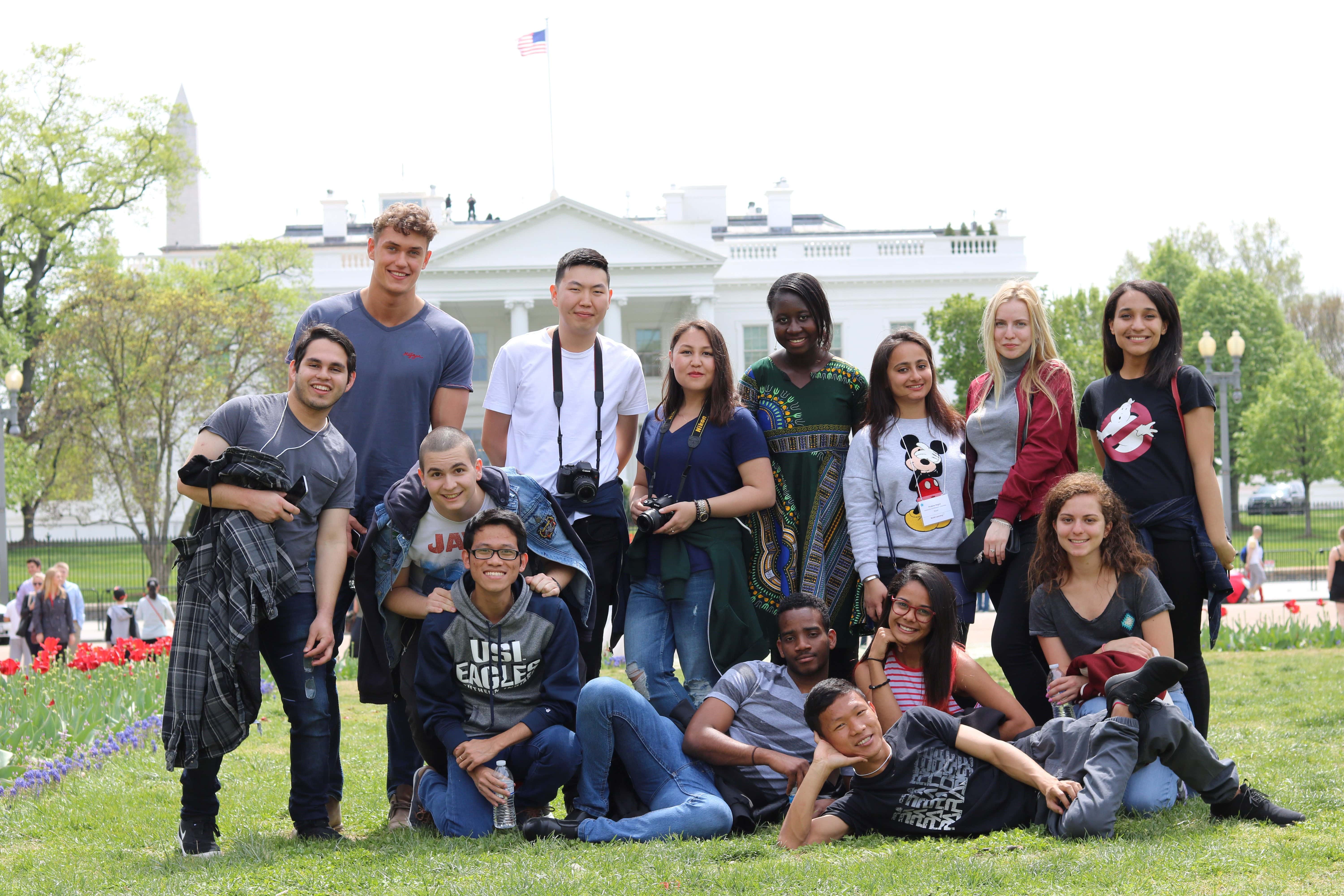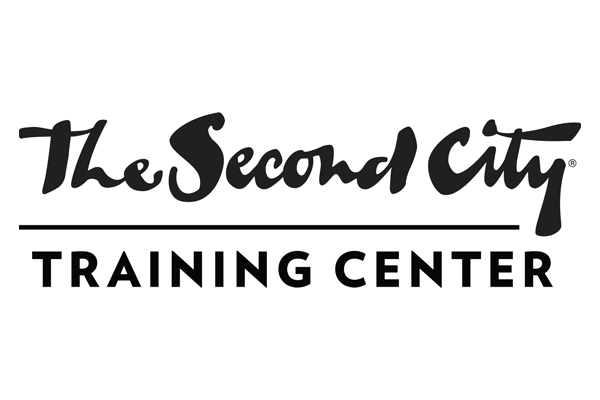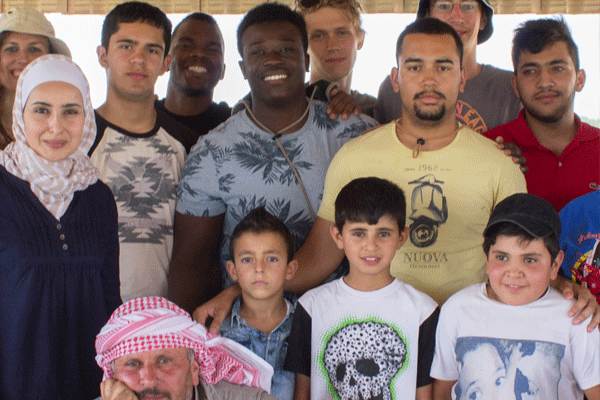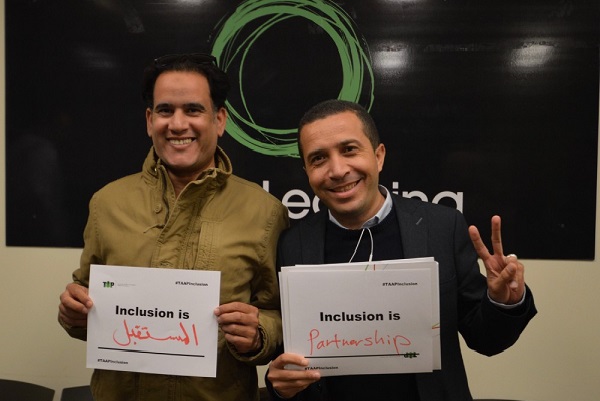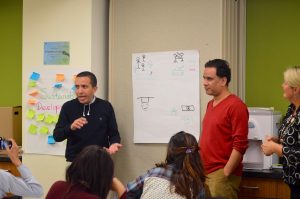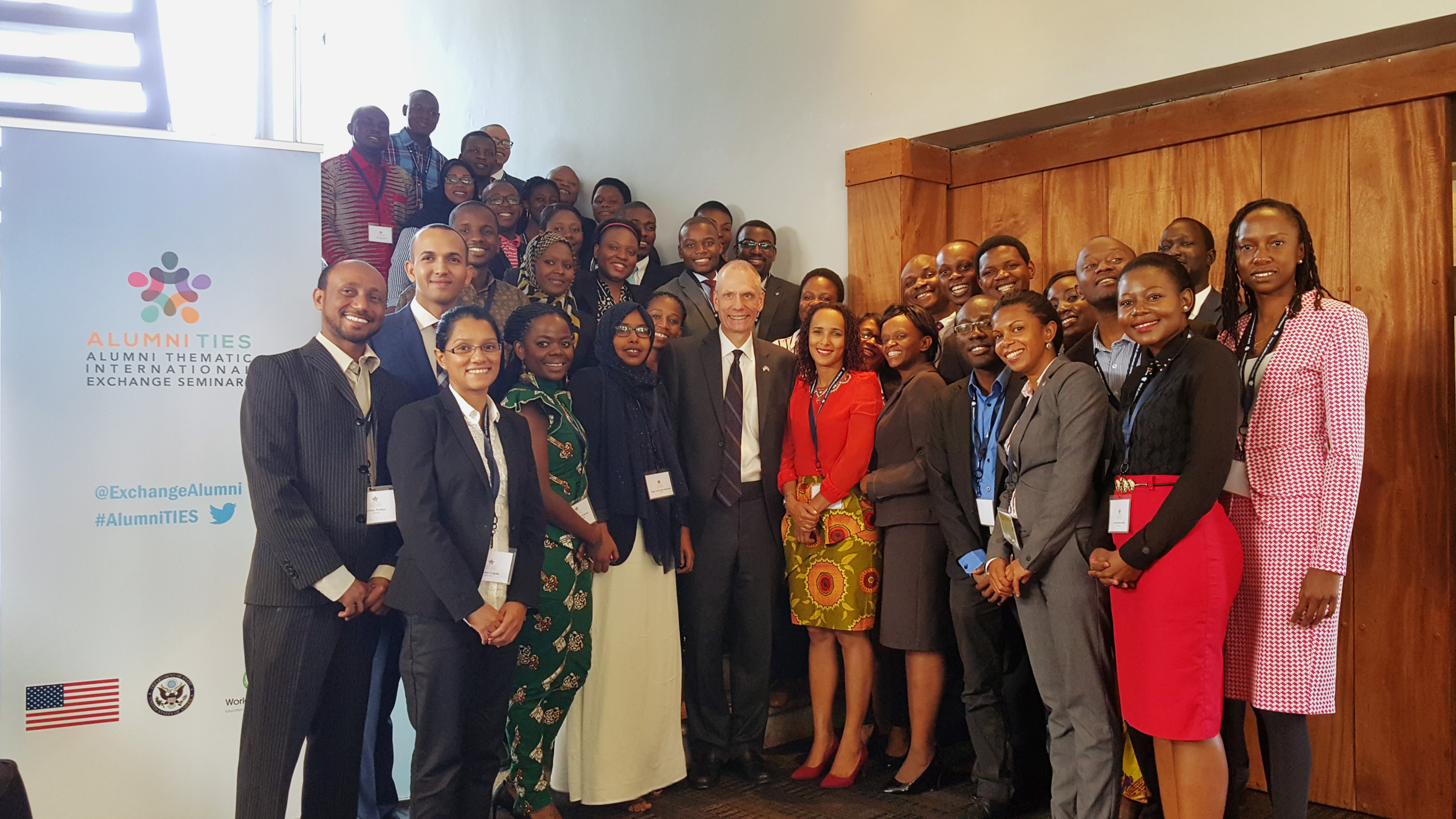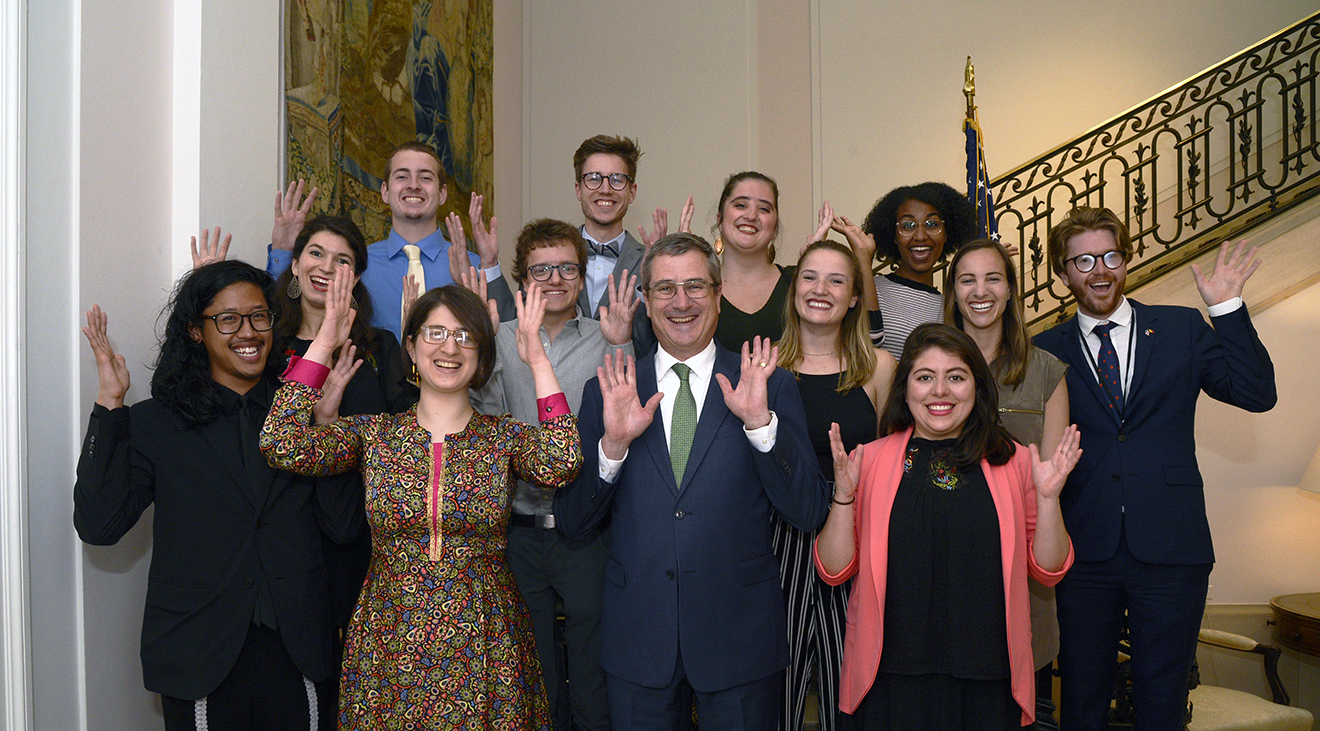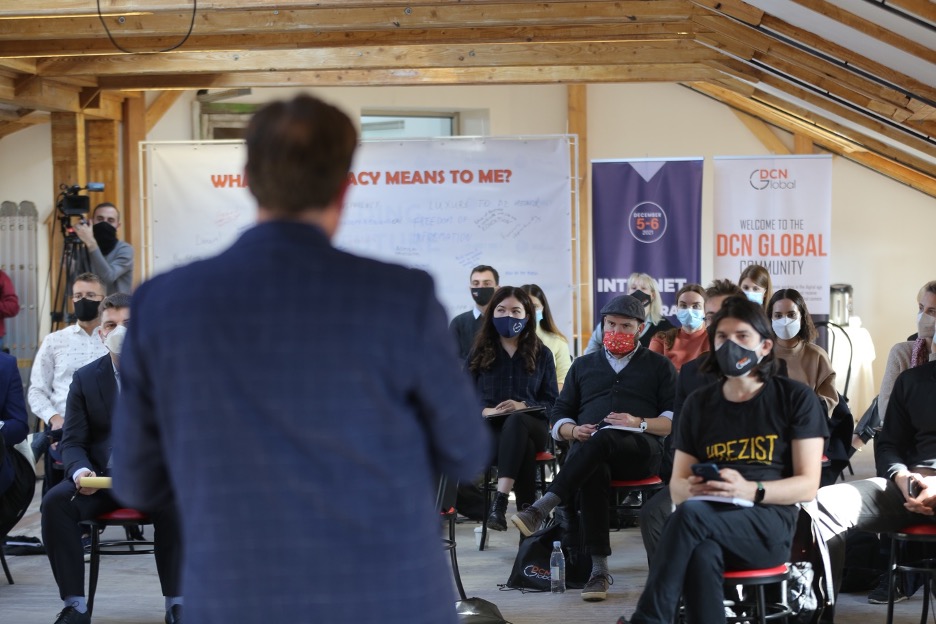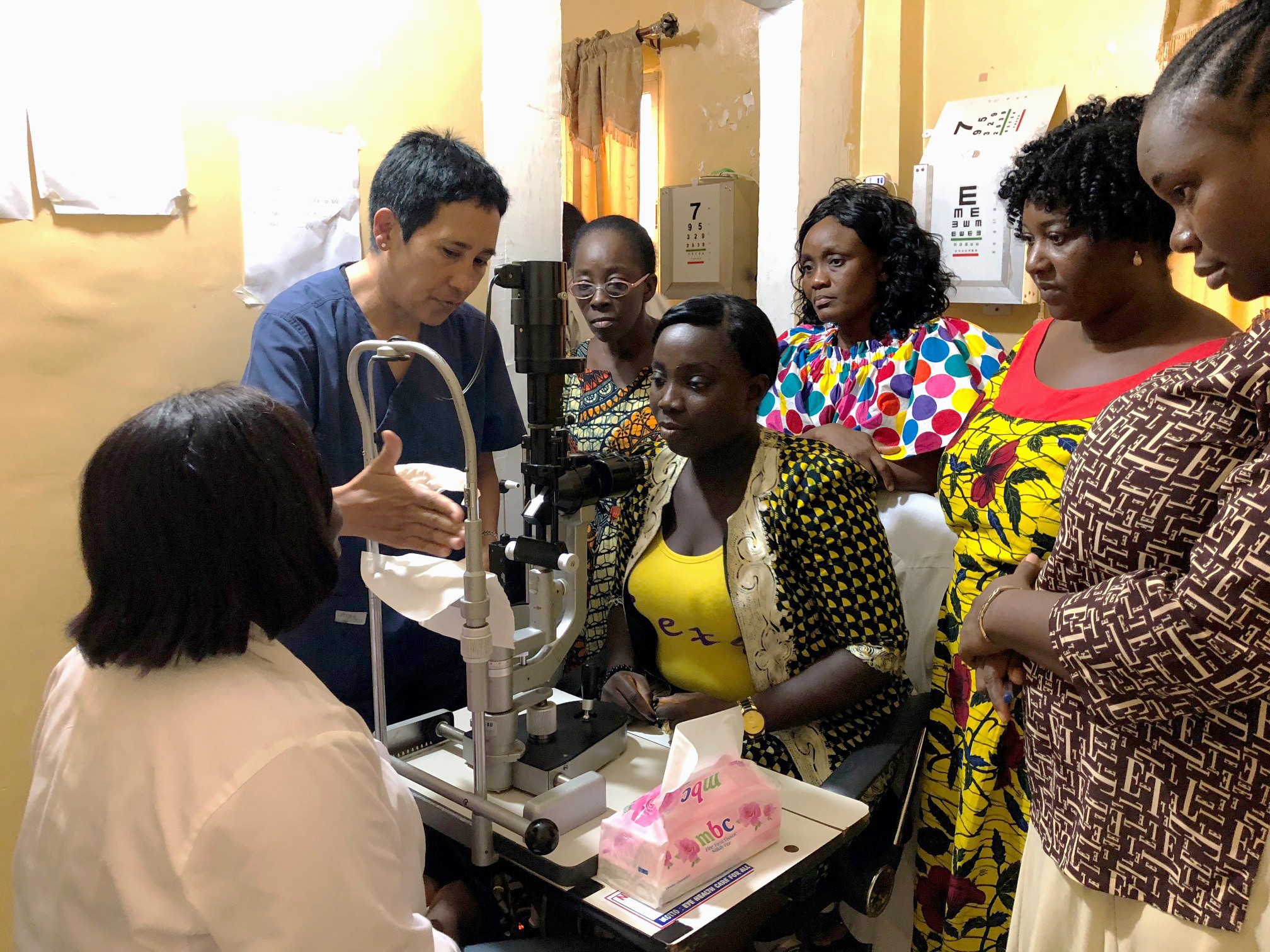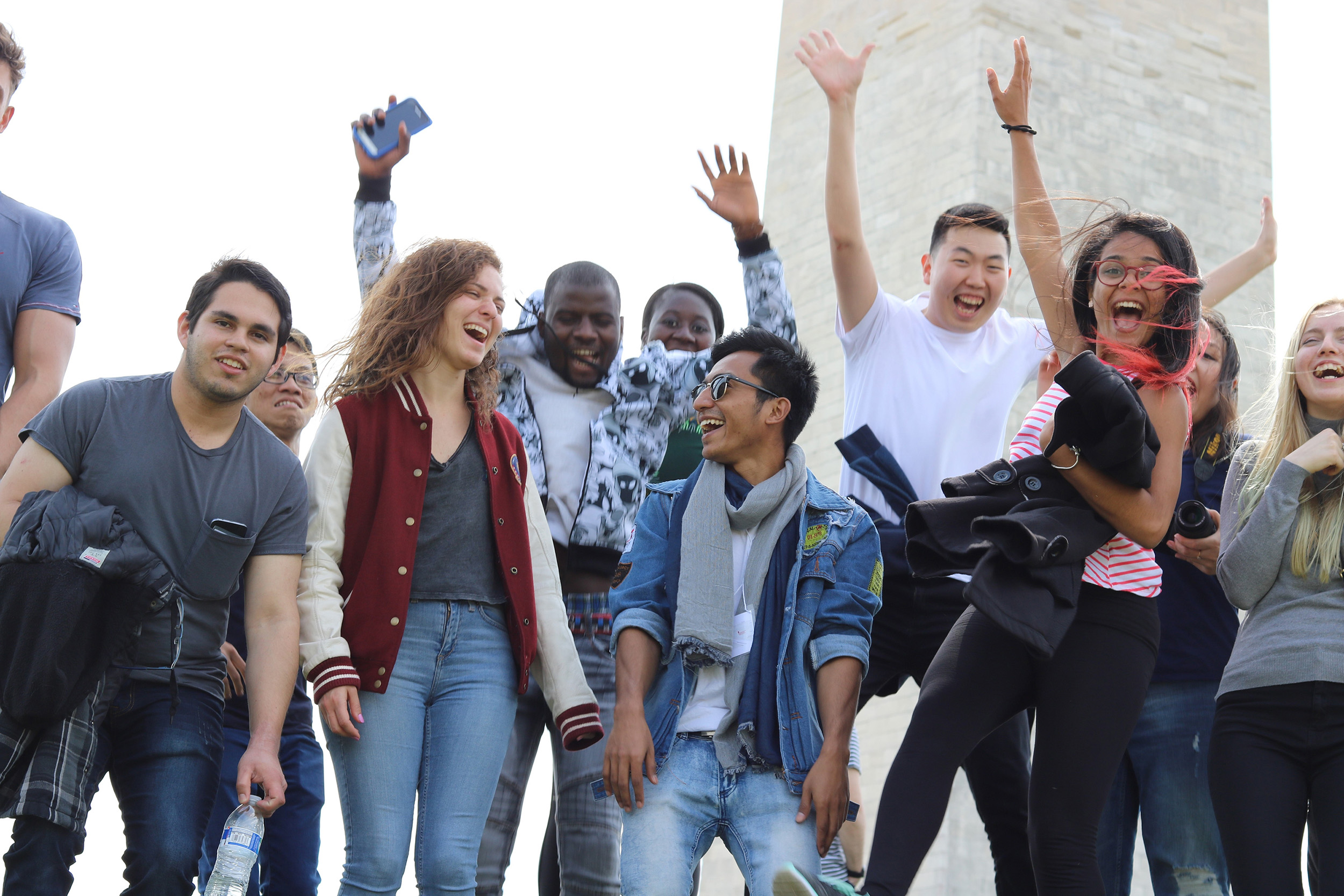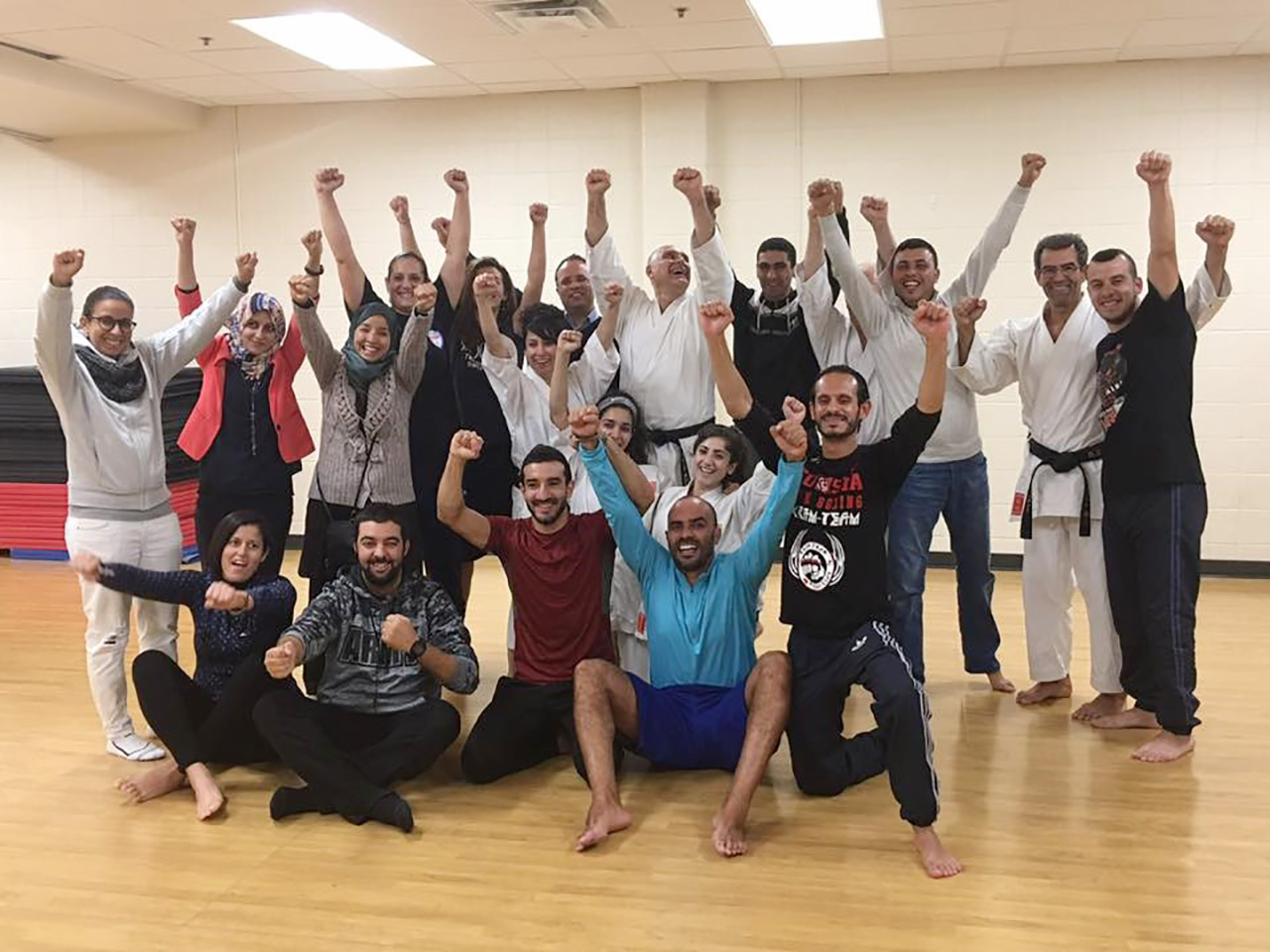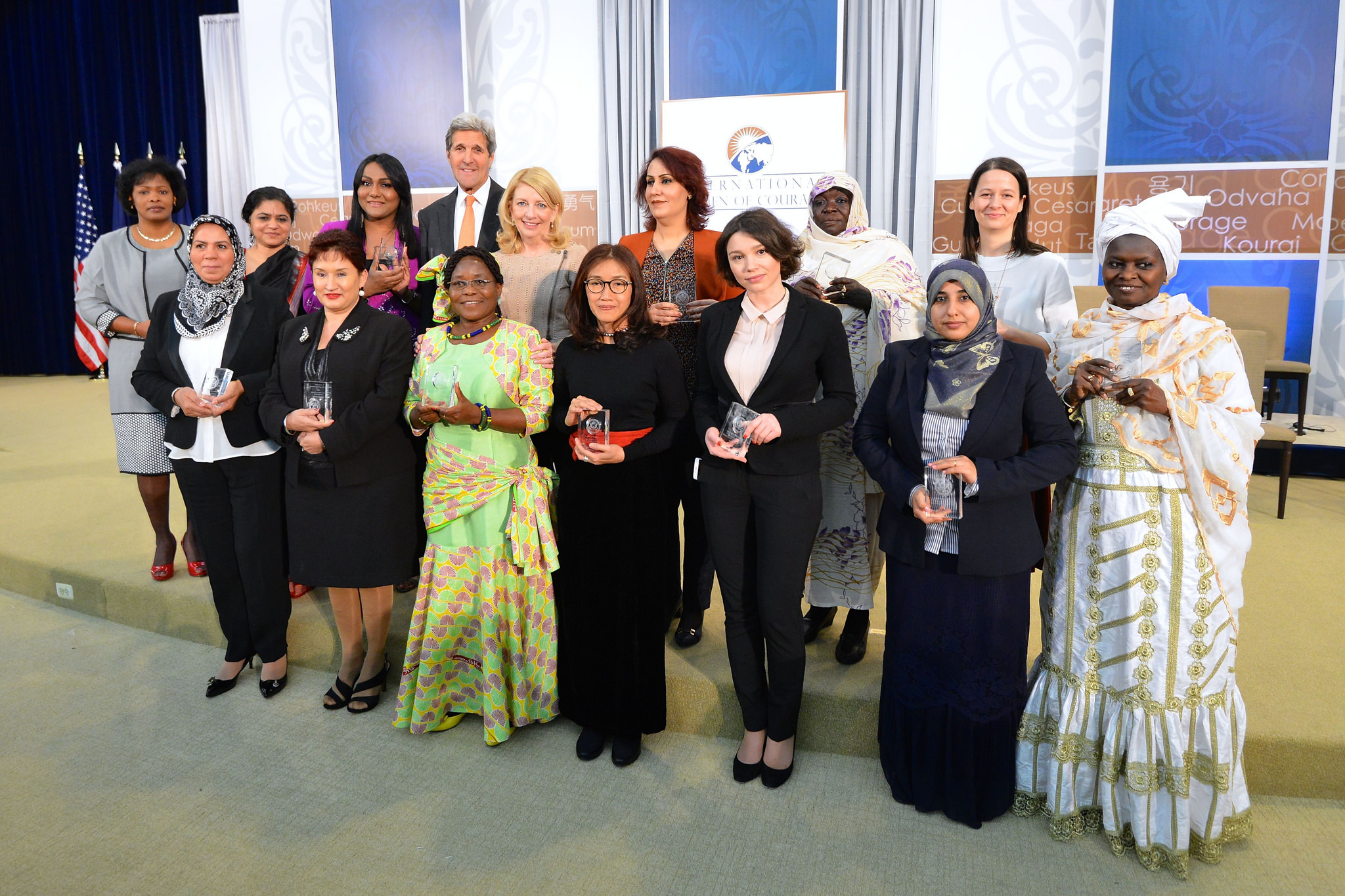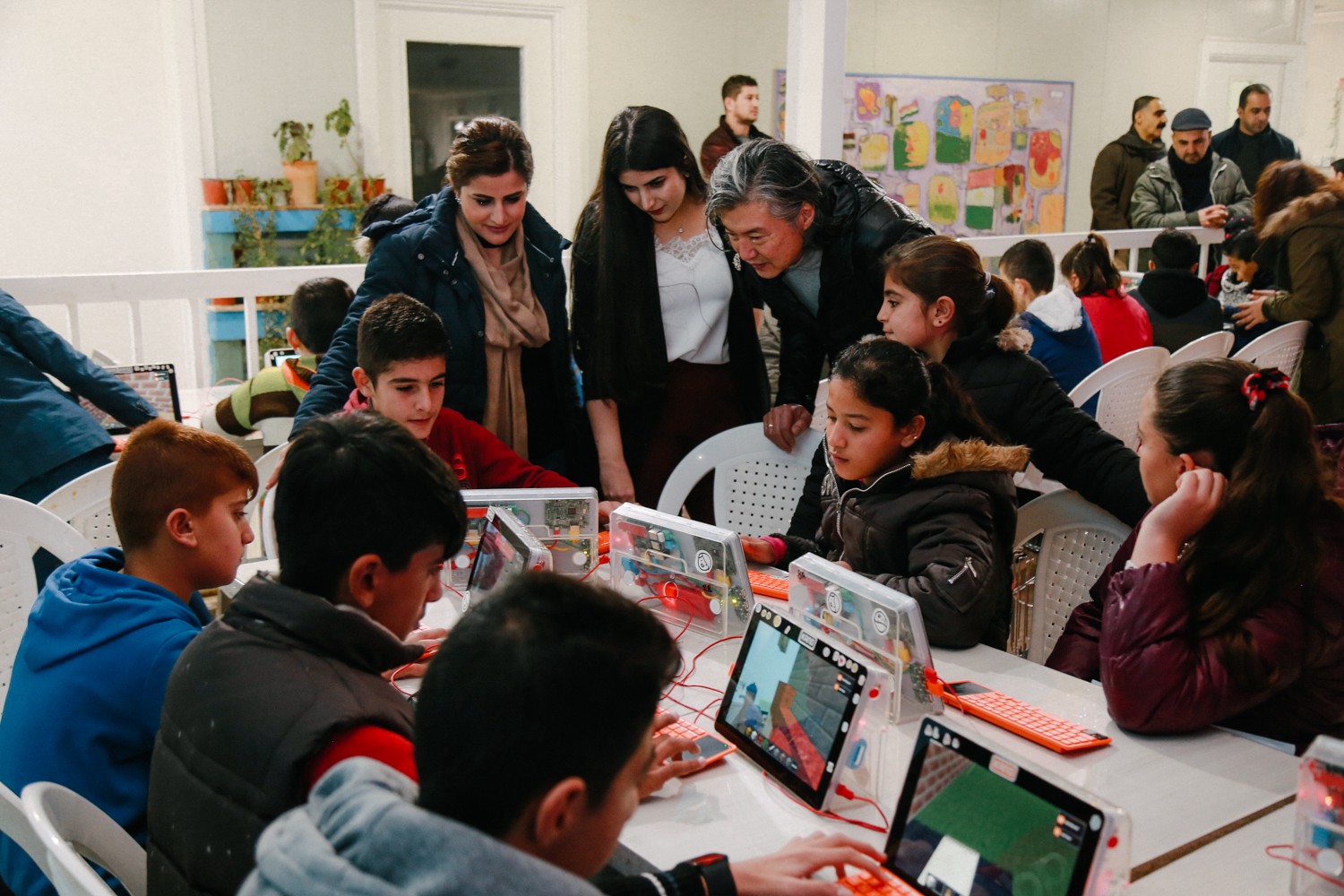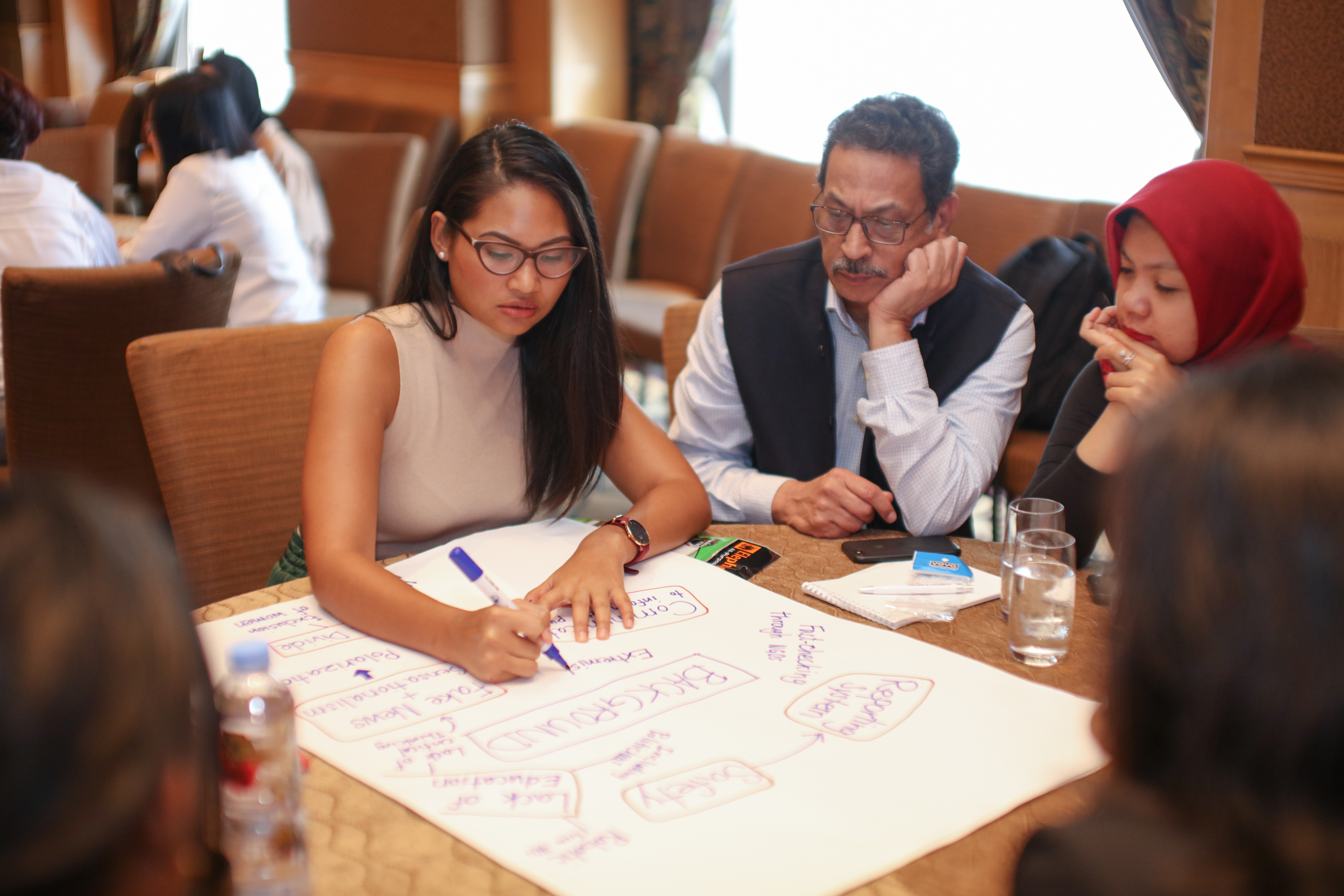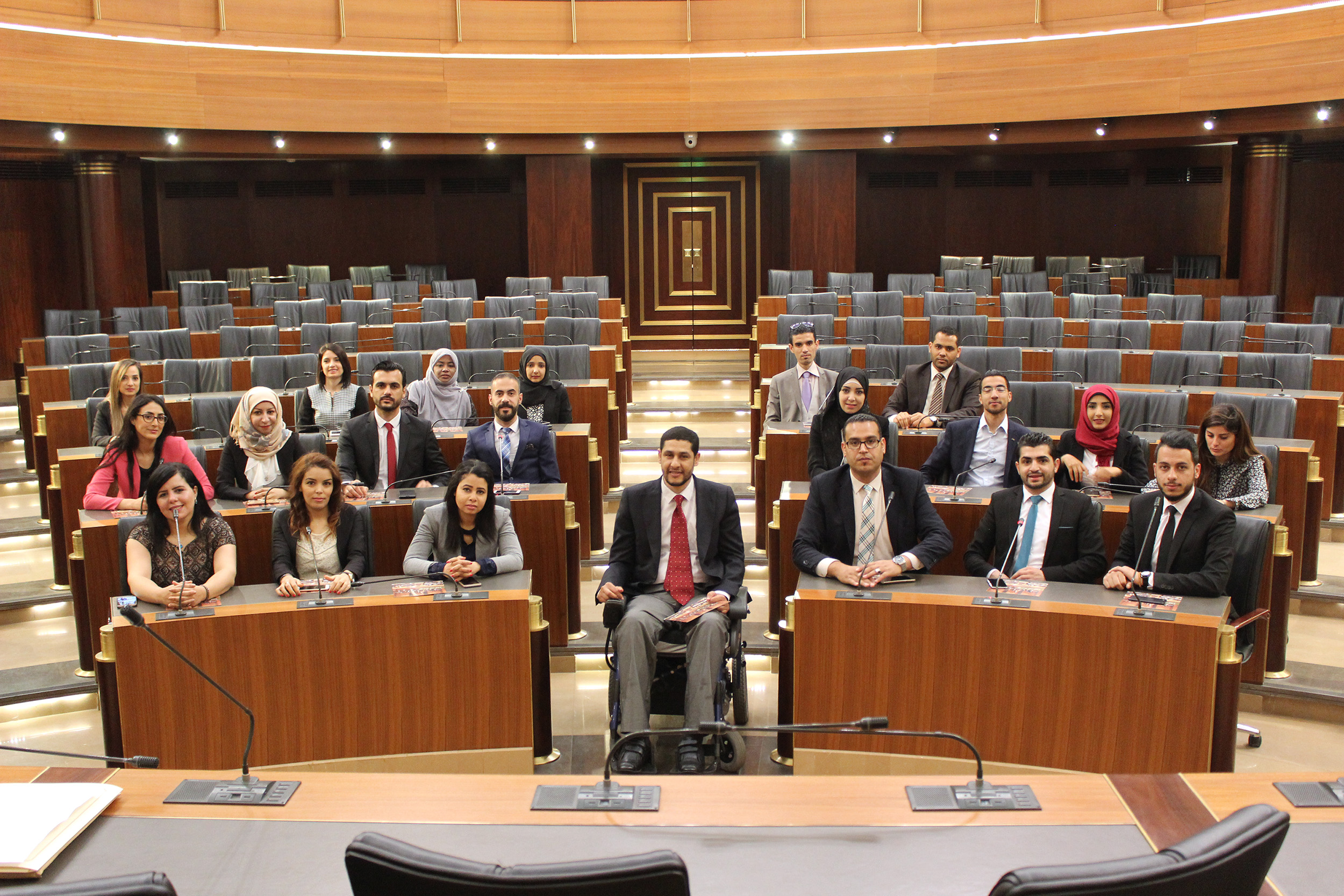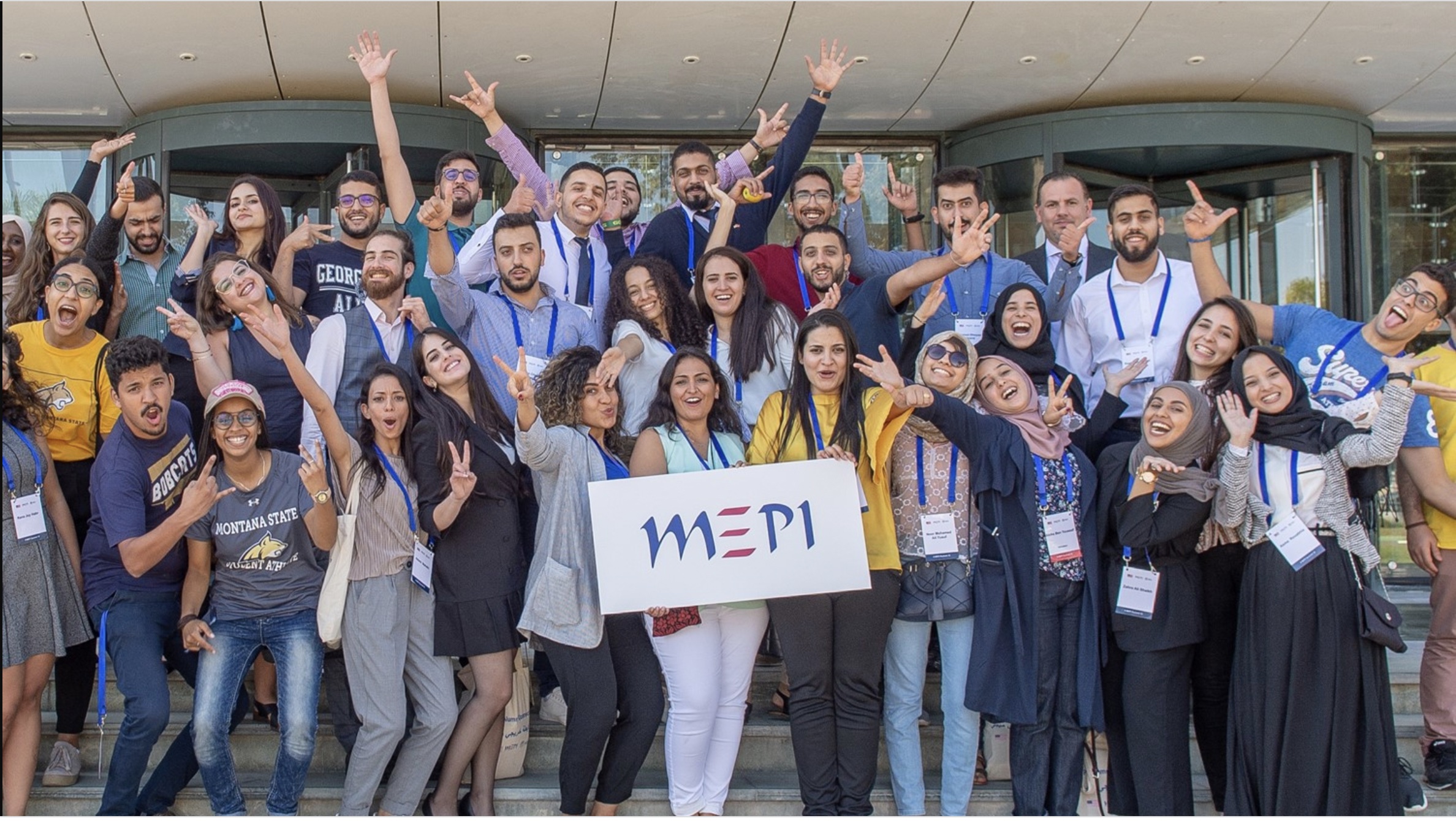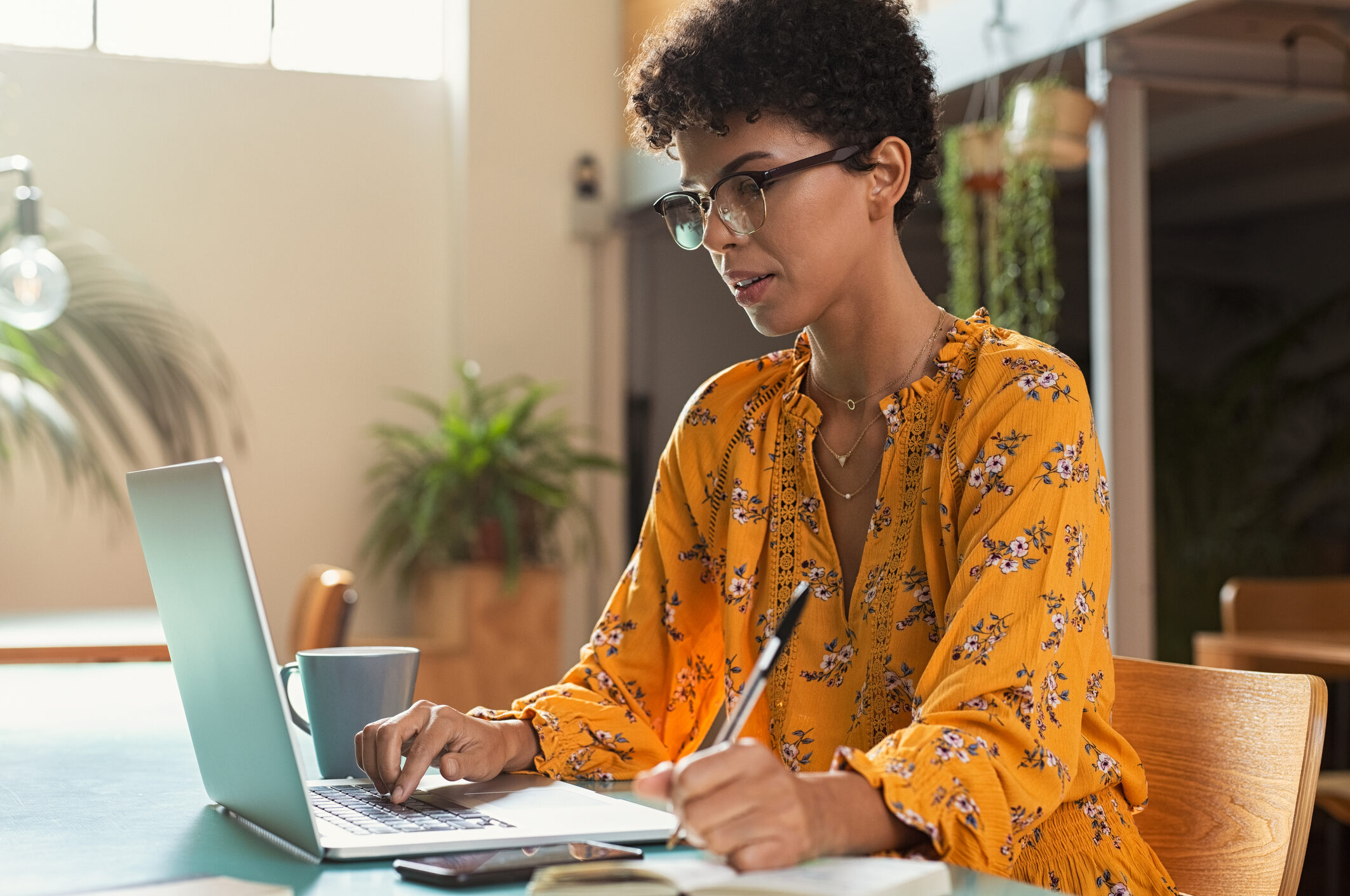“Strive: A Story About Pursuing Your Dreams” is an interactive narrative-based tool helping teach young women critical life skills.

International Women’s Day is March 8, and this year’s theme, Break the Bias, focuses on the need for greater gender equality. The global day of observation cites several missions for action, such as building workplaces where women thrive, strengthening women’s empowerment, and forging women’s equality in the field of technology.
World Learning is working to break the bias and promote women’s equality through its pilot project WE Can Code, a women’s economic empowerment and career mentorship program in Jordan.
Funded by the U.S. Embassy Amman, the project helps disadvantaged women in secondary school explore career opportunities in Jordan’s growing information, communications, and technology (ICT) job market. The participants are partnered with female professionals in Jordan who serve as role models. They also take part in webinars with female IT professionals from the U.S. The program, which also includes male participants, aims to teach all genders that women can play an important role in Jordan’s ICT sector.
Strive: A Story About Pursuing Your Dreams
As part of the project, World Learning is using an interactive narrative-based tool to teach women’s economic empowerment and critical life skills. The curriculum, “Strive: A Story About Pursuing Your Dreams,” was originally created for the USAID project Advancing Girls Education and Skills in Pakistan. WE Can Code project staff did extensive context research and interviews in Jordan to adapt the story and had it translated into Arabic with Levantine language references to match the participants’ forms of expression.
The teaching aide uses storytelling and role modeling, as well as cooperative activities, to develop 15 life skills important for women’s economic empowerment. The story is based on current research on life skills and soft skills development, including how to manage time, set goals, promote your rights, and communicate with elders. Each of the 14 chapters introduces and models at least one of these skills followed by activities to promote participants’ skill development.
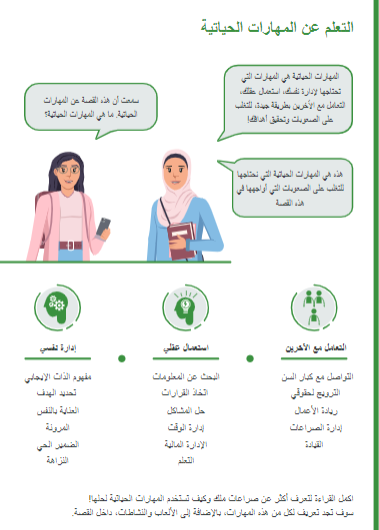
To make the story’s lessons relatable, they are woven through the narrative of two characters’ lives: Malak, a young woman not able to complete secondary school but who has dreams of becoming a professional chef, and Thará, Malak’s neighbor and lifelong friend, who is in her last year of secondary school and studying for her computer science exams. The story follows them pursuing their dreams despite their struggles. The story also features challenging discussions between male family members to demonstrate that men can uphold their family values while also supporting women’s empowerment. Malak and Thará’s stories help facilitate discussions as the participants explore their own education pathways and career interests.
Sanabil Nabil, a Jordanian illustrator and professional in the ICT sector, was enlisted to create the book’s cover art and illustrations. The illustrations align with each chapter and depict different cultural backgrounds and socioeconomic statuses of the program’s targeted beneficiaries. Through creative imagery of everyday scenes, like showing a character hand washing clothes, walking to the market, and studying in a vocational school, the illustrator represents life in peri-urban and semi-rural Middle Eastern and North African (MENA) communities.
Following World Learning’s Transforming Agency, Access, and Power inclusion principles, the illustrations also aim to present people of different races, ethnicities, and genders, as well as people with disabilities. Attention was also given to what the characters were wearing to represent the range of cultural dress in the MENA region. Some illustrations depict women wearing hijabs with more modest clothing while others do not have head coverings and wear more contemporary clothing.
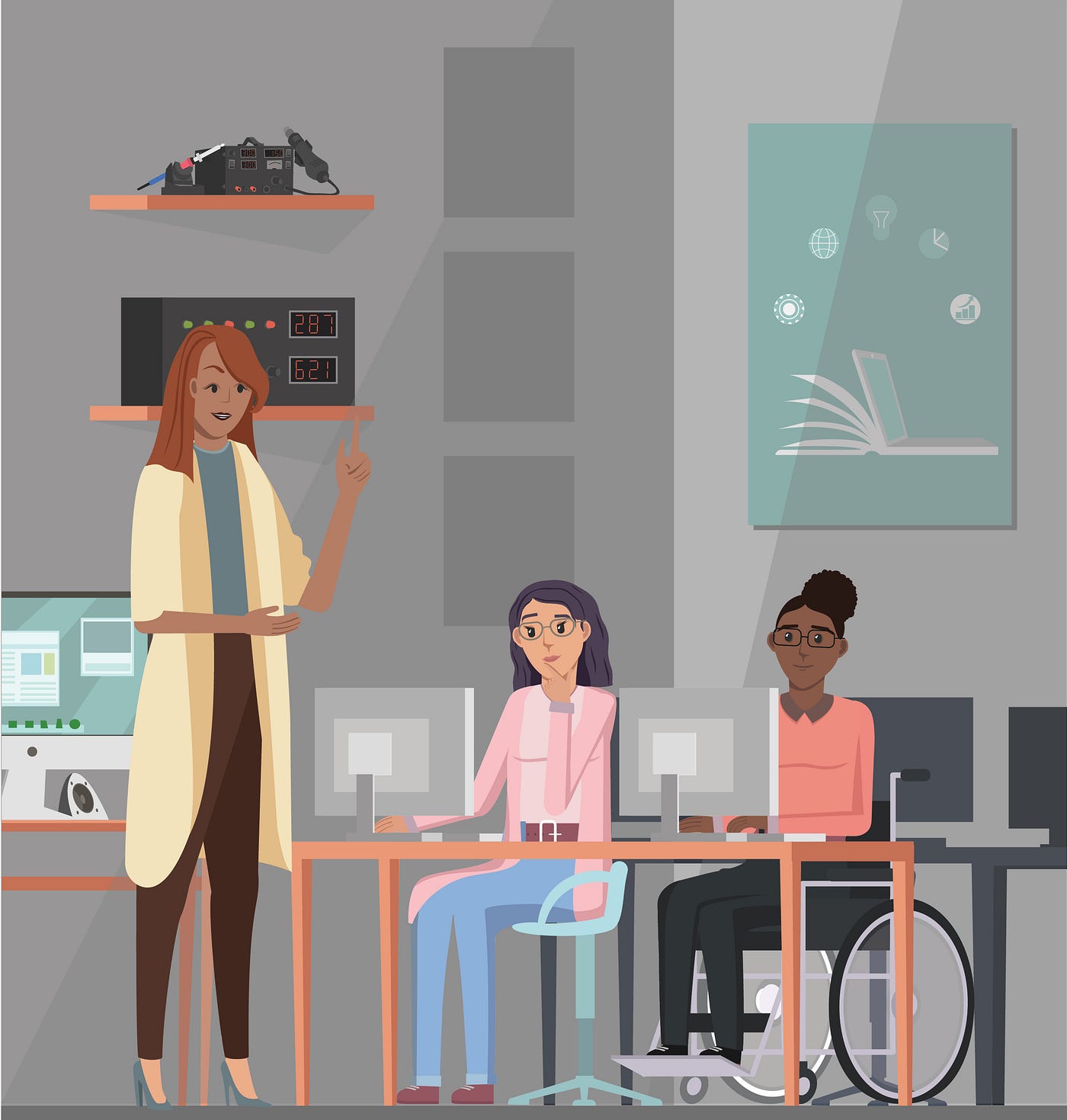
“What makes “Strive” different from existing curriculum on life skills and women’s empowerment is how it deeply engages youth in identifying with the characters, the struggles they experience, and the strategies they take to overcome them,” said Catherine Honeyman, a senior youth workforce specialist for World Learning. “Participants see themselves in the story and learn to envision new possibilities for their futures.”
“This story taught me to persevere, not to give up, and to achieve my goal, no matter how difficult it is,” said one female participant.
The WE Can Code program, with the use of the dynamic visual story “Strive” as the main curriculum tool, is a tangible and effective example of how societies can break the bias to create a more gender-equal world. Another participant said it has impacted her way of thinking and talking about the future.
“It affected me in a positive way, showing it is necessary to pursue dreams and ambitions, and not remain silent about my rights.”






